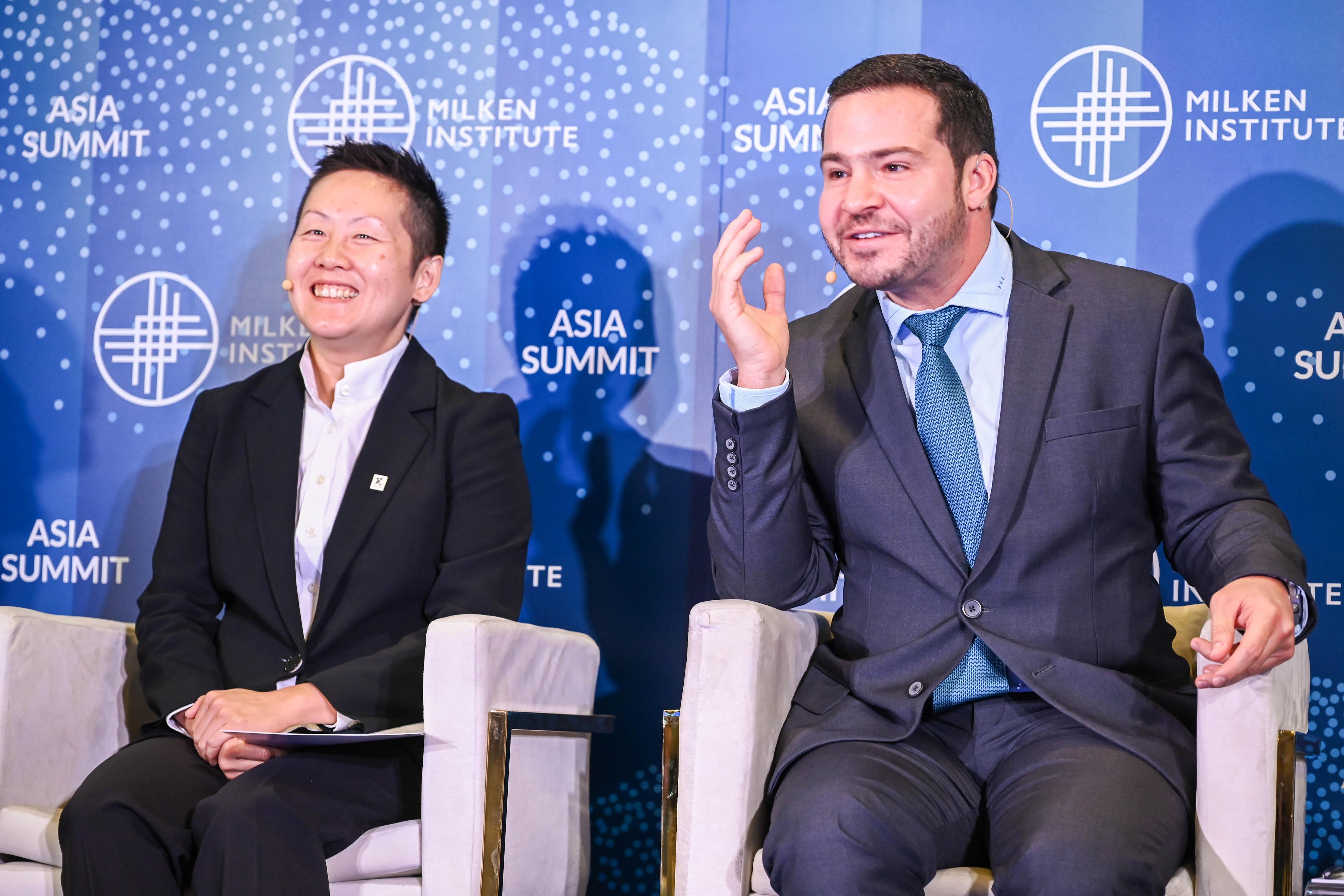In an era where financial security is more crucial than ever, life insurance often emerges as a cornerstone of a comprehensive financial plan. Yet, many individuals shy away from exploring this essential safety net, largely due to the misconception that it is prohibitively expensive. Contrary to popular belief, life insurance can be surprisingly affordable, offering peace of mind without breaking the bank. This article delves into the factors that contribute to the cost-effectiveness of life insurance, dispelling myths and providing clarity on why securing your family’s financial future may be more accessible than you think. By examining the various types of policies, the role of personal factors, and the competitive landscape of the insurance market, we aim to shed light on how life insurance can fit seamlessly into a wide range of budgets.
Understanding the Factors That Influence Life Insurance Costs
When evaluating life insurance premiums, several key elements play a crucial role in determining the cost. Age is a primary factor; generally, the younger you are when you purchase a policy, the lower the premium. This is because younger individuals typically have a longer life expectancy, reducing the risk for insurers. Health status also significantly impacts costs. Insurers often require a medical exam to assess your overall health, including checking for chronic conditions or lifestyle habits such as smoking, which can increase premiums.
- Type of Policy: Term life insurance usually costs less than whole life insurance because it provides coverage for a specific period.
- Coverage Amount: Naturally, a higher death benefit will result in higher premiums.
- Occupation and Hobbies: High-risk jobs or adventurous hobbies can lead to higher costs due to increased risk.
Understanding these factors helps demystify the pricing structure of life insurance, revealing why it might be more affordable than commonly perceived.

The Role of Age and Health in Determining Premiums
When it comes to life insurance premiums, two key factors that significantly influence the cost are age and health. As individuals age, the risk associated with insuring them increases, leading to higher premiums. However, younger applicants often find themselves benefiting from lower rates, as they typically present a lower risk to insurers. On the other hand, health plays a pivotal role as well. A person in good health, regardless of age, is more likely to receive favorable rates. Insurers often evaluate health through medical exams and questionnaires, considering factors like:
- Medical history
- Lifestyle choices
- Pre-existing conditions
- Family medical history
By maintaining a healthy lifestyle and applying for life insurance at a younger age, individuals can significantly reduce their premiums. It’s essential to remember that these factors work in tandem, meaning that a healthy older applicant might still enjoy reasonable premiums, whereas younger individuals with health concerns might see higher costs. Understanding how age and health interplay in determining premiums can help potential policyholders make informed decisions and find the best value in their life insurance plans.

Exploring Different Types of Life Insurance Policies
When considering life insurance, it’s essential to understand the variety of policies available, each catering to different needs and financial situations. Here’s a brief overview of the most common types:
- Term Life Insurance: This is the simplest and often the most affordable option. It provides coverage for a specific period, such as 10, 20, or 30 years. If the policyholder passes away during this term, the beneficiaries receive a death benefit. It’s ideal for those seeking temporary coverage with lower premiums.
- Whole Life Insurance: This policy offers lifetime coverage and includes a savings component, known as cash value, which grows over time. Premiums are typically higher than term life insurance, but they remain constant throughout the policyholder’s life. This option is suitable for those who want permanent coverage and a way to build wealth.
- Universal Life Insurance: A flexible alternative to whole life insurance, universal life allows policyholders to adjust their premiums and death benefits. The cash value component earns interest, providing an opportunity for financial growth. It’s perfect for individuals who desire flexibility in their financial planning.
Understanding these options can demystify life insurance and reveal how it can be a cost-effective tool for financial security. With the right policy, you can ensure peace of mind without breaking the bank.

Strategies for Finding Affordable Life Insurance Options
When embarking on the quest for budget-friendly life insurance, it’s essential to employ smart strategies that can help you save money without compromising on coverage. Shopping around is a crucial first step. By comparing policies from multiple providers, you can uncover significant price variations for similar coverage options. Additionally, utilizing online comparison tools can streamline this process, allowing you to evaluate multiple quotes efficiently and find the best deal tailored to your needs.
- Consider term life insurance if you’re looking for an affordable option. Term policies generally offer lower premiums than permanent life insurance because they provide coverage for a specific period.
- Look into group life insurance through your employer, which can often be more economical due to group rates.
- Maintain a healthy lifestyle to potentially lower your premiums. Insurers typically offer better rates to non-smokers and those in good health.
- Explore discounts for bundling policies or for being a long-term customer with the same insurer.
By incorporating these strategies, you can find a life insurance policy that fits your budget while providing peace of mind for you and your loved ones.

